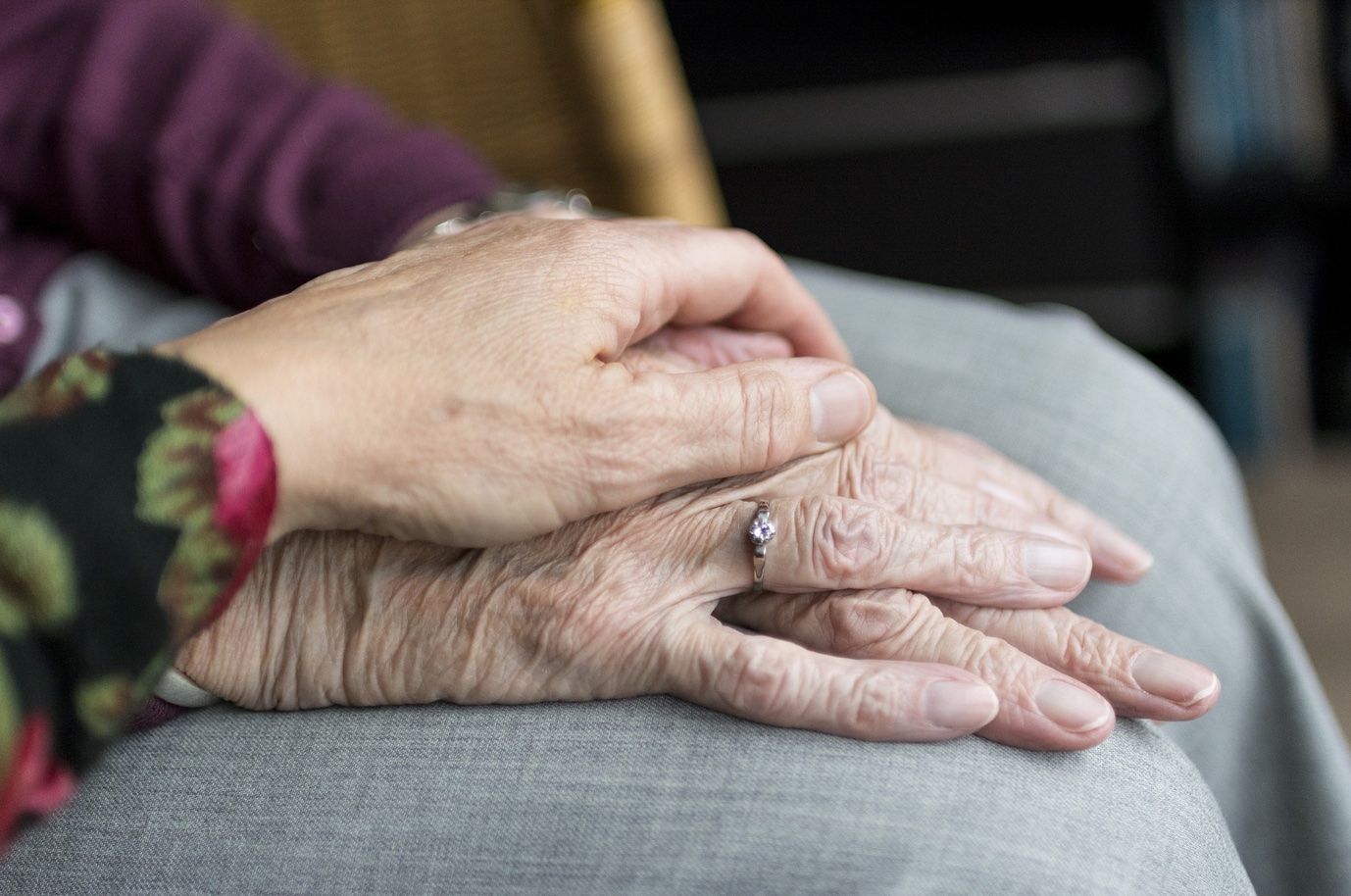As for the victims and their families, they have to file a civil case, distinct from the criminal one, and seek damages.
Oakland, CA – In late November, a California nursing home settled for the immense sum of $2.3 million, in response to allegations of grossly substandard care administered to its 200 patients between 2012 and 2017.
While no sum of money can provide accurate compensation if you or a loved one suffered neglect or abuse inside a California nursing home, it’s a small victory of specialized lawyers in protecting the most vulnerable among us.
Below, we take a look at the standards that a nursing home must meet in California to obtain its license.
What is Title 22?
One of the first things that Oakland nursing home abuse lawyers look for are signs that the home in question meets (or fails to meet) Title 22. Title 22 is a California licensing standard that ensures every nursing home:
- Provides appropriate personal care to its residents;
- Provides an acceptable food service;
- Has appropriate measures in place for the observation and supervision of residents;
- Offers safe living accommodations;
- Provides measures and access to dental and medical care, as needed;
- Avails residents of planned or group activities.
Failing to meet Title 22 standards can lead to a nursing home losing its practice license, which is why it’s an important aspect considered by California nursing home abuse lawyers.
What is the Elder Abuse and Dependent Adult Civil Protection Act?
Back in 1990, the state of California also passed into law the Elder Abuse and Dependent Adult Civil Protection Act, its focus begin to reduce abuse instances in California nursing homes.
If you or a loved one have been the victim of nursing home abuse of any kind (physical, sexual, emotional, financial, etc.), you may be eligible to receive punitive damages. In order to determine whether or not the abuse endured falls under the Elder Abuse and Dependent Adult Civil Protection Act, it’s a good idea to contact nursing home abuse lawyers. They’ll be able to walk you through the legal process and determine what you can expect as compensation.
Since this act defines nursing home abuse as a “civil act”, it means that you may also be eligible to receive punitive damages from the abuser or the nursing home in the future, as well.
What are the penalties for nursing home abuse?
Note: Depending on the abuse suffered, a nursing home abuse lawyer may also need the help of medical malpractice lawyers.

The penalties incurred depend on the seriousness of the offense. California divides nursing home abuse into two categories:
- If the circumstances have caused or may cause serious bodily harm or even death to a resident, the abuse can be tried as either a misdemeanor or felony. Penalties for a misdemeanor include: up to a year in county jail or a fine of up to $6,000; Penalties for a felony include up to 4 years in state prison, and a fine of up to $10,000;
- If the circumstances aren’t likely to cause significant physical harm or death, penalties start with up to 6 months in county jail or a fine of up to $1,000 for a first offense.
As for the victims and their families, they have to file a civil case, distinct from the criminal one, and seek damages. Typically, your lawyers will advise you to wait for the end of the criminal trial.
Financial abuse inside the nursing home also falls into two categories. If the total value taken is under $950, penalties are up to a year in county jail and/or a fine of $1,000. If the value exceeds $950, penalties can go up to 2/3/4 years in county jail, and carry the heftier fine of $10,000.
Source: Concord Nursing Home To Pay $2.3 Million To Settle Allegations Of Grossly Substandard Care


Join the conversation!